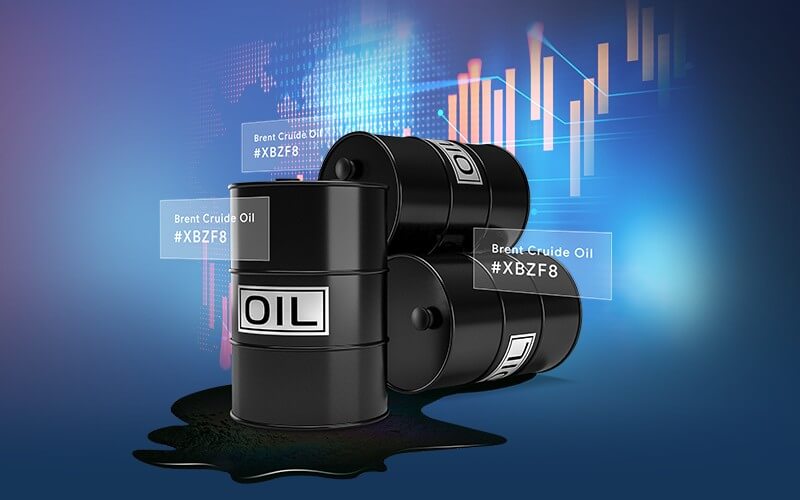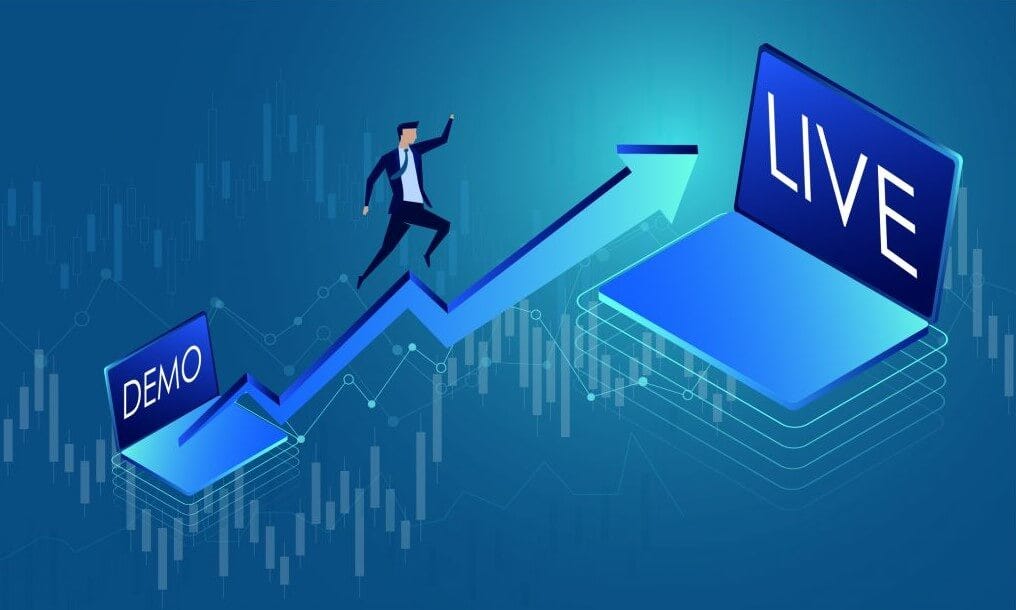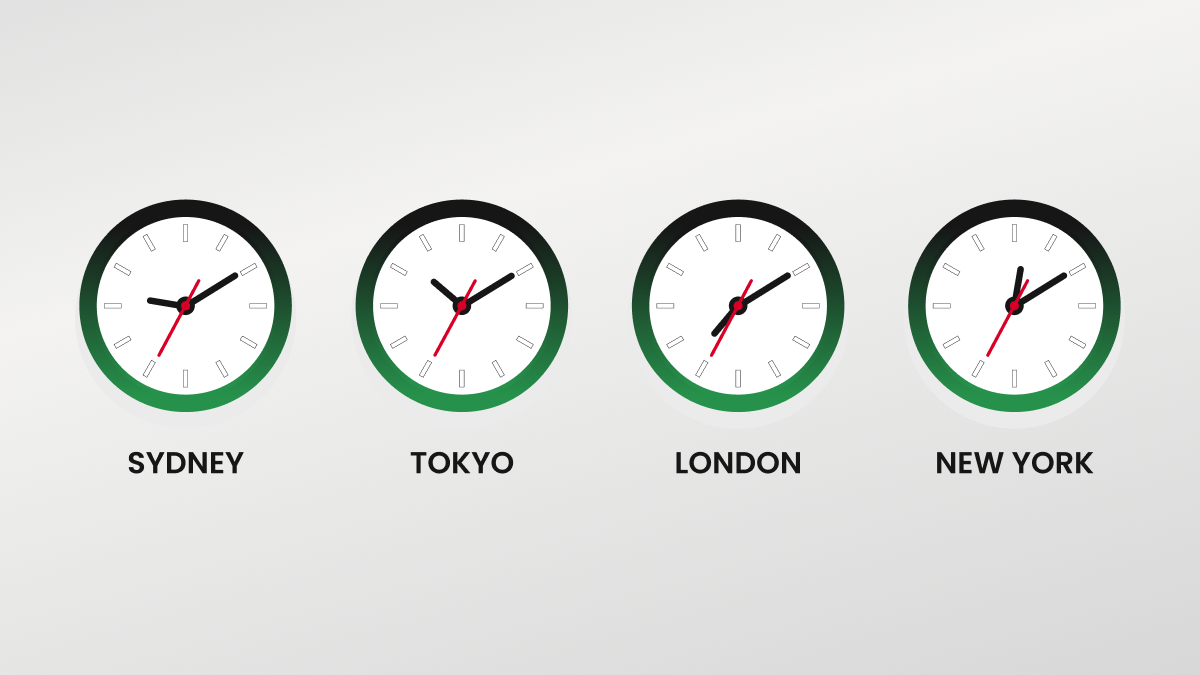The oil market is one of the most actively traded sectors in global finance, drawing in retail and institutional traders alike. With geopolitical factors, supply and demand dynamics, and currency fluctuations all playing a role, oil presents both opportunity and risk.
Today, learning how to trade oil online is more accessible than ever, but success still hinges on strategy, education, and discipline. If you are new to this world, this article will walk you through five essential tips to help you get started with clarity and confidence.
5 Tips for Beginners on How to Trade Oil Online

1. Understand What Moves Oil Prices
Before you attempt to trade oil online, it's vital to understand the key factors that influence oil prices. Crude oil is sensitive to geopolitical tensions, OPEC+ decisions, global economic indicators, and even seasonal demand cycles. Political instability in oil-producing regions can cause sudden price spikes, while surplus announcements or shifts in energy policies often trigger declines. Economic growth data, particularly from major consumers like China and the United States, also drive price momentum.
Staying up to date with real-time news and reports will allow you to anticipate movements better. It's not just about charts and indicators. The fundamentals matter deeply when you trade oil online.
2. Choose the Right Oil Trading Instrument
When you trade oil online, you are not buying physical barrels. Instead, traders use financial instruments like contracts for difference (CFDs), oil futures, options, and exchange-traded funds (ETFs). Each comes with its own pros and cons.
CFDs are popular among retail traders for their flexibility and leverage. Futures, often used by professionals, offer greater transparency but require more capital and understanding of contract expiration dates. Oil ETFs, such as the United States Oil Fund (USO), allow you to speculate on oil prices without direct exposure to the futures market.
Choosing the right instrument depends on your capital, risk appetite, and level of experience. Make sure the platform you choose to trade oil online offers clear pricing, low spreads, and robust execution.
3. Use a Regulated Broker with Transparent Costs
A key step in your journey to trade oil online is selecting a trustworthy broker. Regulation ensures the broker is held to high standards, reducing the risk of fraud or manipulation. Look for platforms regulated by reputable bodies such as the FCA.
Additionally, consider the trading costs. While some brokers advertise zero commission, fees can still be embedded in spreads or overnight swap charges. A transparent broker will lay out all costs clearly so you can calculate your net profits accurately.
Security is equally crucial. Make sure the platform uses top-tier technology to protect your data and funds. Many brokers also offer demo accounts so you can practise how to trade oil online before committing real capital.
4. Have a Clear Trading Strategy
Without a plan, trading oil can quickly become a gamble. A well-defined trading strategy includes your entry and exit criteria, position sizing, and risk management rules. Will you trade based on technical indicators like moving averages and RSI, or are you more of a fundamentals-driven trader?
Whatever your approach, consistency is key. When you trade oil online, emotions like fear and greed can lead to impulsive decisions. A strategy helps to remove the noise and keep you disciplined.
Many traders also set stop-loss and take-profit levels to automate risk management. This is especially useful in oil trading, where sudden market moves can occur during low-liquidity hours.
5. Start Small and Monitor Your Risk
Oil trading is volatile. While this creates opportunity, it also amplifies risk. For beginners looking to trade oil online, it's best to start with smaller position sizes until you gain experience. Avoid over-leveraging, which can magnify losses just as easily as profits.
Risk management should be your constant companion. Never risk more than a small percentage of your total capital on a single trade. Monitor open positions carefully, especially around major events like EIA inventory reports or OPEC meetings.
It's also helpful to keep a trading journal. Record your trades, what strategy you used, the result, and what you learned. Over time, this becomes an invaluable tool for improving your ability to trade oil online more effectively.
Why Trade Oil Online Now?

The energy market is constantly evolving. From the shift to renewable energy to geopolitical events in the Middle East, oil remains a central pillar of global markets. As volatility increases, so do the number of short-term trading opportunities.
Whether you are drawn by the chance to profit from price swings or you are building a diversified trading portfolio, the ability to trade oil online gives you access to one of the most liquid and reactive markets on the planet.
But the real edge lies in preparation. Learning the fundamentals, practising in a risk-free environment, choosing the right broker, and sticking to a disciplined strategy can set you apart from the rest.
Conclusion
The opportunity to trade oil online offers excitement and potential profits, but it demands knowledge and preparation. With geopolitical events and global economics constantly shifting the energy landscape, traders need to stay agile, informed, and disciplined.
By understanding what drives oil prices, choosing the right instruments, working with a regulated broker, and applying a clear strategy, beginners can step into this dynamic market with greater confidence.
Disclaimer: This material is for general information purposes only and is not intended as (and should not be considered to be) financial, investment or other advice on which reliance should be placed. No opinion given in the material constitutes a recommendation by EBC or the author that any particular investment, security, transaction or investment strategy is suitable for any specific person.








